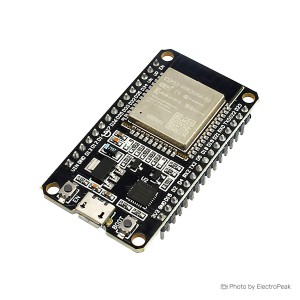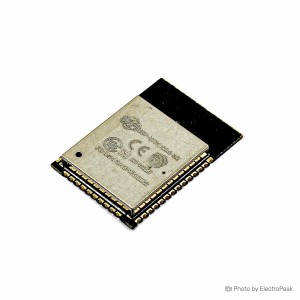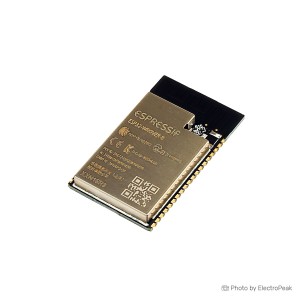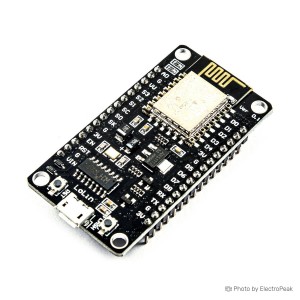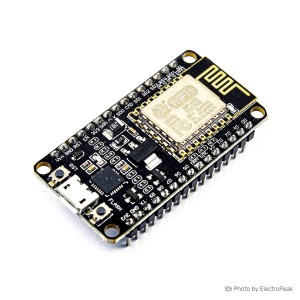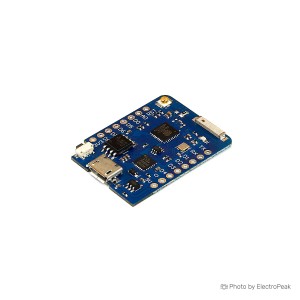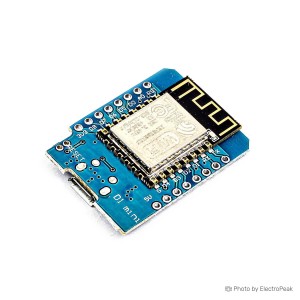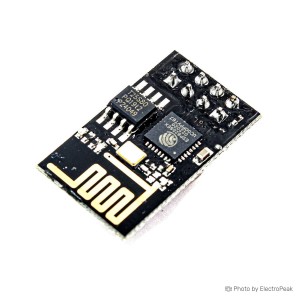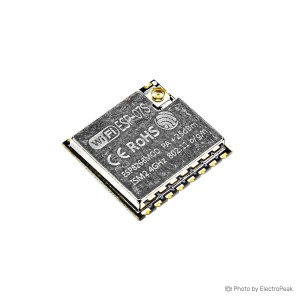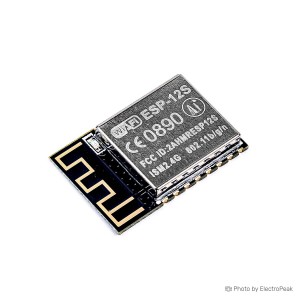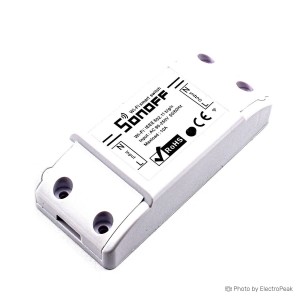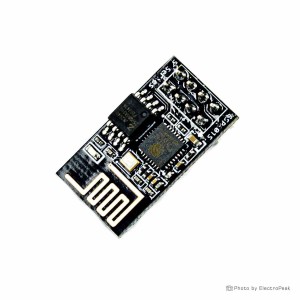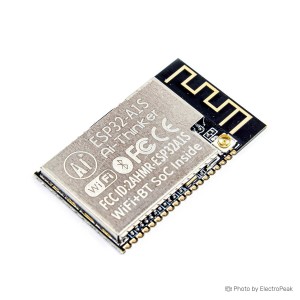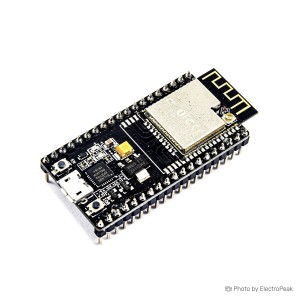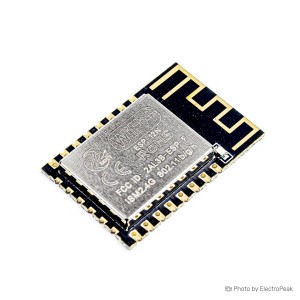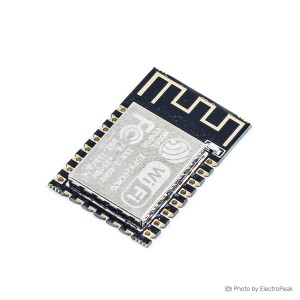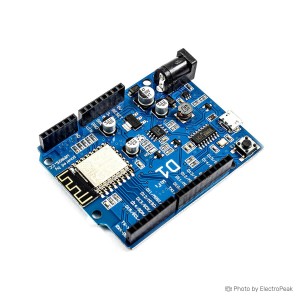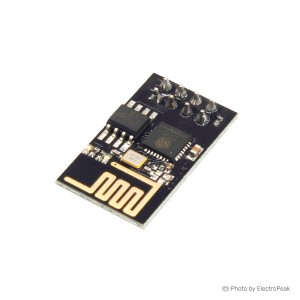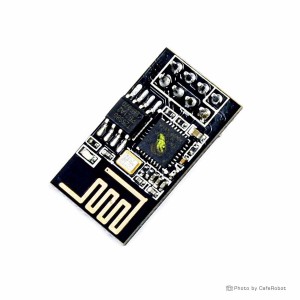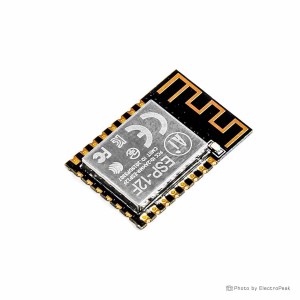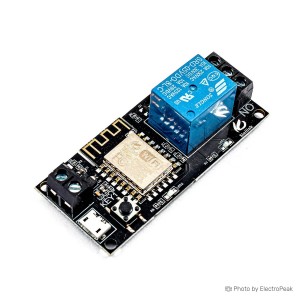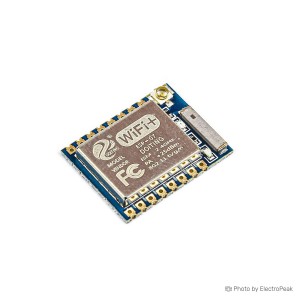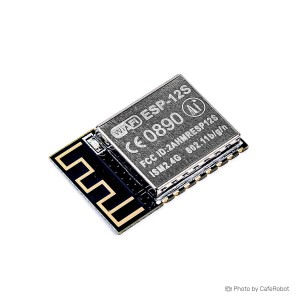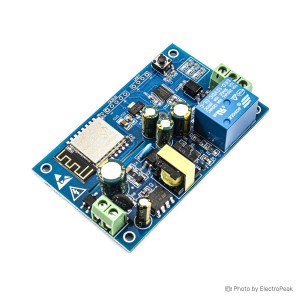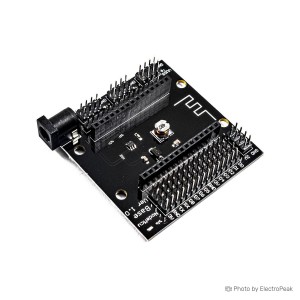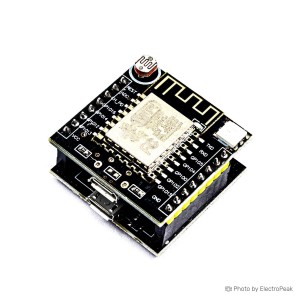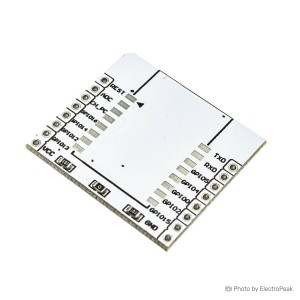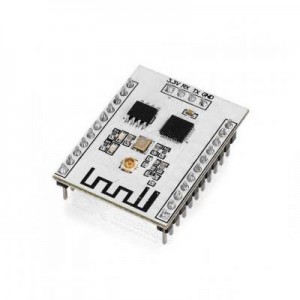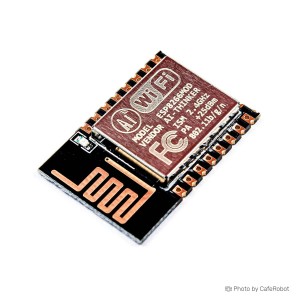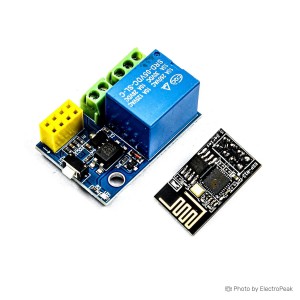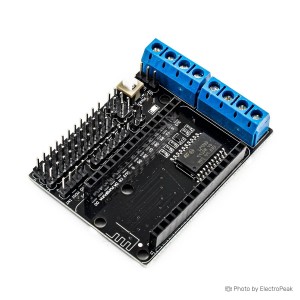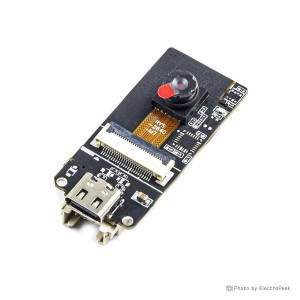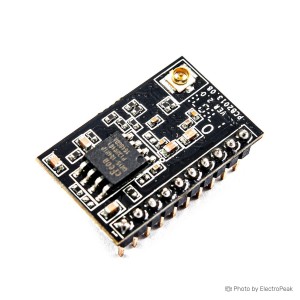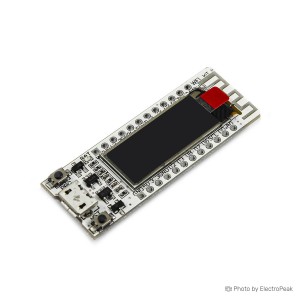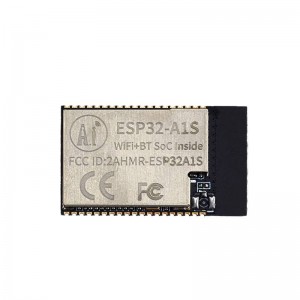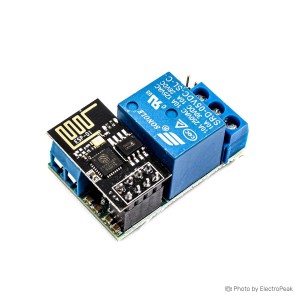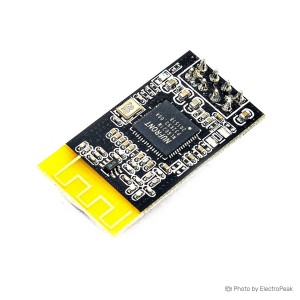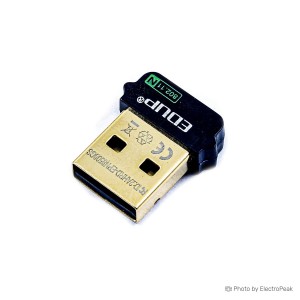The choice between ESP32 and ESP8266 depends on project requirements. ESP32 offers more features, such as Bluetooth support and higher processing power, while ESP8266 is a cost-effective option for simpler applications. Consider factors like budget, required features, and processing capabilities when making a selection.
Wifi
-
WeMos D1 Mini ESP8266 Wi-Fi Development Board
Out of stock -
ESP8266 Witty Cloud ESP-12F WiFi Development Board
Out of stock -
USR-WIFI232-T Wi-Fi to Serial UART Module
Out of stock -
Esp32 A1S WiFi+Bluetooth Audio Module V3
Out of stock -
ESP8266 Wi-Fi 5V Relay Module for IoT/Smart Homes
Out of stock -
NL6621-Y1 2.4GHz UART Serial to Wi-Fi Module
Out of stock -
EP-N8508GS Mini USB Wi-Fi Adapter
Out of stock
What are Wi-Fi Modules?
Wi-Fi modules are compact electronic devices that provide wireless communication capabilities to electronic systems. These modules enable seamless connectivity to Wi-Fi networks, making them essential for IoT (Internet of Things) applications, smart devices, and wireless communication projects.
Price of Wi-Fi Modules:
Wi-Fi module prices vary based on factors such as brand, features, and capabilities. Entry-level modules like the ESP8266 are cost-effective, while advanced models such as the ESP32 with additional functionalities may have a higher price.
Tips for Buying Wi-Fi Modules:
Consider factors like data transfer rate, range, power consumption, and compatibility with your microcontroller or development board. Choose a Wi-Fi module that aligns with your project's requirements for reliable wireless connectivity.
Popular Models of Wi-Fi Modules:
How do I choose between ESP32 and ESP8266 Wi-Fi modules for my project?
What is the RN171 WiFly module, and what sets it apart from ESP32 and ESP8266?
The RN171 WiFly module is another Wi-Fi option, known for its simplicity and reliability. Unlike ESP32 and ESP8266, which are microcontrollers with built-in Wi-Fi, the RN171 is a standalone module designed for ease of use, making it suitable for projects where a dedicated Wi-Fi module is preferred.
Can I use Wi-Fi modules like ESP32 and ESP8266 for both home automation and industrial applications?
Yes, Wi-Fi modules like ESP32 and ESP8266 are versatile and can be employed in a variety of applications, from home automation and smart devices to industrial monitoring and control systems. Their flexibility makes them suitable for a broad range of projects.
What is the W600 module, and how does it compare to ESP32 and ESP8266?
The W600 module is another Wi-Fi solution, offering a balance between features and cost. It is known for its low power consumption and ease of integration. When choosing between W600, ESP32, and ESP8266, consider factors like power requirements, features, and project complexity.
Can Wi-Fi modules connect to both 2.4GHz and 5GHz networks?
Most Wi-Fi modules, including ESP32, ESP8266, RN171, and W600, operate on the 2.4GHz frequency band. It's essential to verify the specific frequency range supported by the chosen module and ensure compatibility with the target Wi-Fi network.
How do I secure my Wi-Fi-enabled project against unauthorized access?
To enhance security, use encryption protocols like WPA2/WPA3, implement secure coding practices, and change default credentials. Regularly update firmware to address security vulnerabilities and follow best practices outlined in the documentation provided by the Wi-Fi module manufacturer.
Are there any compatibility issues between Wi-Fi modules and different microcontroller platforms?
Generally, Wi-Fi modules like ESP32 and ESP8266 have widespread compatibility with various microcontroller platforms. However, it's crucial to check the datasheets and documentation to ensure seamless integration with specific microcontroller boards and development environments.
Is it possible to link NRF24 to a Wi-Fi network?
No, the NRF24 is not designed for Wi-Fi connectivity. It is a wireless communication module suitable for short-range communication but lacks the capability to connect to Wi-Fi networks. For Wi-Fi connectivity, modules like ESP32, ESP8266, RN171 WiFly, or W600 are more appropriate choices.
